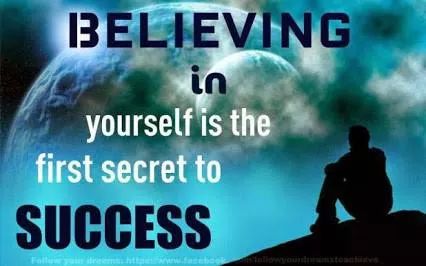Outliers: The Story of Success
Malcolm Gladwell
Outliers: The Story of Success is the
third non-fiction book written by Malcolm Gladwell and published by Little,
Brownand Company. In Outliers, Gladwell examines the factors
that contribute to high levels of success.
Generally well received by critics, Outliers was
considered more personal than Gladwell's other works, and some reviews
commented on how much Outliers felt like an autobiography.
Reviews praised the connection that Gladwell draws between his own background
and the rest of the publication to conclude the book.
Outliers has two parts: "Part One:
Opportunity" contains five chapters, and "Part Two: Legacy" has
four. The book also contains an Introduction and Epilogue. 'Outliers' is defined by Gladwell as people who do not fit
into our normal understanding of achievement.
Outliers deals with exceptional people, especially
those who are smart, rich, and successful, and those who operate at the extreme
outer edge of what is statistically plausible. In the introduction, Gladwell
lays out the purpose of Outliers: "It's not enough to ask what
successful people are like… It is only by asking where they are from that we
can unravel the logic behind who succeeds and who doesn't."
Throughout the publication, he discusses how family, culture, and
friendship each play a role in an individual's success, and he constantly asks
whether successful people deserve the praise that we give them.
Outliers asserts that success depends on the
idiosyncrasies of the selection process used to identify talent just as much as
it does on the athletes' natural abilities.
We place such a high value on individuals and their
“self-made” achievements that we often willfully ignore other factors.
The “self-made man” is a myth – a very, very popular myth.
Once you reach a certain threshold, increased
abilities no longer help you succeed. Though innate qualities are important,
being 6’10” tall doesn’t guarantee you a million-dollar basketball contract,
and having a sky-high IQ doesn’t automatically mean a Nobel Prize. Why is this?
Qualities that foster success – like height in basketball players or
quantitative intelligence in mathematicians – have a “threshold.” For example,
after reaching a certain height, an extra couple of inches don’t make that much
difference for a basketball player.
Though talent is certainly a key ingredient in the recipe for success, hard
work seems to be at least as important, if not more so. Bill Gates spent a lot
of time learning computer programming. The Beatles spent a lot of time on
stage. Though they were also extraordinarily talented individuals, it was
extensive practice that made them truly world-class. To achieve world-class mastery at anything, studies show you need to spend a
“critical minimum” amount of time – around 10,000 hours – practicing.
Gladwell explains that reaching the 10,000-Hour Rule, which he considers
the key to success in any field, is simply a matter of practicing a specific
task that can be accomplished with 20 hours of work a week for 10 years.
Of course, not everyone has the opportunity to
spend this much time practicing something. First of all, you need the
opportunity to start early so you can get in as much practice as possible and
secure a head start on the competition. Also, you or your family has to have
the resources to support you; it’s hard to find time for work or chores when
you’re spending 40 hours a week trying to become a world-famous violinist.
Depending on what you want to do, you might also need access to expensive state-of-the-art
equipment.
Encouragement from family, friends, coaches,
teachers and kind strangers you meet on the street helps too.
If you’re lucky, like Bill Gates or the Beatles, you’ll have all these things.
However, many people don’t, so they effectively lack the opportunity to achieve
world-class mastery in their chosen fields.
How you’re brought up can radically impact how
successful you become. After you reach a skills “threshold,” natural abilities
stop mattering in your quest for success. A far more important factor is
whether you have practical intelligence. Practical intelligence is “procedural”
knowledge: knowing how to interpret and work social situations to get what you
want – in other words, knowing who to ask what, and when. The ability to
interact with and negotiate with authority figures can help inch people closer
to their goals. This knowledge is not innate.
Sociologist Annette Lareau found that wealthier
parents instill in their children a feeling of “entitlement” more often than lower-class
parents do. In general, they do this by paying more attention to their
children, or by at least providing their children with enriching activities
that promote intellectual growth. They teach their children to demand respect and to “customize” a situation to
suit to their needs. In other words, they teach their kids practical
intelligence.
By contrast, poorer parents are often intimidated
by authority and let their children follow a pattern of “natural growth” –
there’s less pushing, prodding and encouraging than in wealthier families. This
means children from poorer households are less likely to be taught practical
intelligence, which radically decreases their chances for success.
The key message in this book is that no man or woman is an island. Apart from
talent and hard work extraordinary success is the result of an often-unlikely
series of opportunities, lucky breaks and occurrences that combine to create
the precise conditions that allow such achievement. Success "is not exceptional or mysterious. It is grounded in a web of
advantages and inheritances, some deserved, some not, some earned, some just
plain lucky".












































